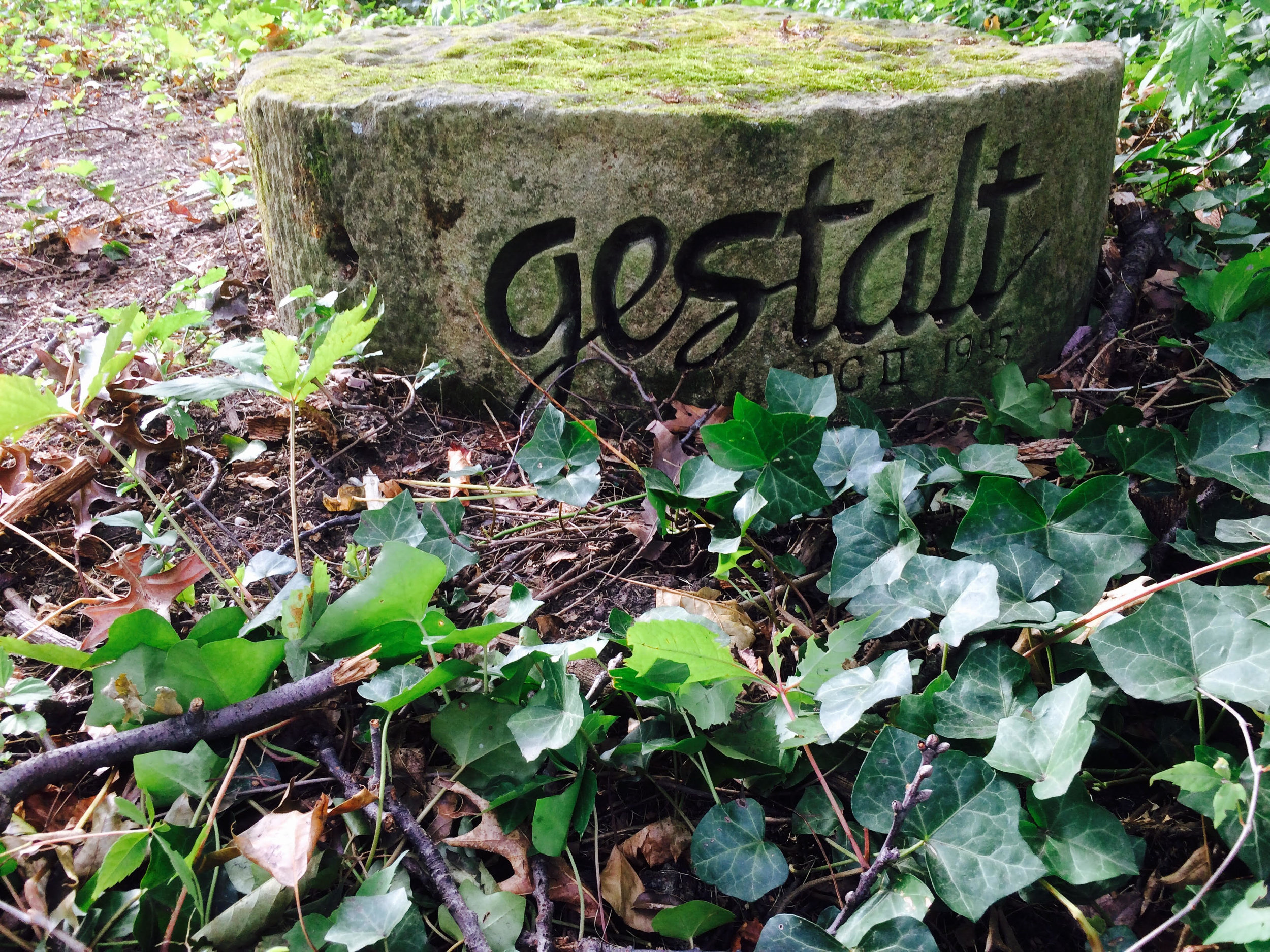
OUR STORY
Founded by students of Fritz and Laura Perls.
Laura Perls
"...in 1953 the Cleveland Institute for Gestalt Therapy started. We gave a ten-day intensive course at the end of 1952 or early 1953, and people from outside the city came and three people from Cleveland attended. They then started a Gestalt group there and Fritz [Perls] and Paul Weiss and I and Paul Goodman went to Cleveland, more or less regularly. Then Isadore From went there for six or seven years, once or twice a month for four days at a time and trained everybody, individually and in group." - Laura Perls
The Gestalt Institute of Cleveland (GIC) was established in 1954 by some of the earliest students of Fritz Perls, Laura Perls, Isadore From, and Paul Goodman. In 1966, GIC began introducing training programs that pioneered the application of Gestalt theory to work with couples, families, groups, and organizations. Gestalt organizations around the world can trace their roots to the Gestalt Institute of Cleveland. It is from this rich history that GIC continues as one of the world’s premier organizations dedicated to the evolution and application of the Gestalt approach.
GIC offers innovative professional and personal development programs that draw participants from around the world and are taught by internationally known faculty. Our faculty and graduates have been able to apply Gestalt principles to psychotherapy, coaching, organizational development, leadership development, and individuals seeking personal growth. GIC programs and workshops have been beneficial in a wide range of institutional settings including business, health care, education, government, community, and religious organizations.
Some common themes in our distinct teaching approach are:
Totality of body, mind and spirit:
Our approach embraces the person, group, organization, or community as a whole organism, a complex system of intellectual, emotional, physical, and spiritual aspects, all working continuously to achieve a sense of balance. We recognize that in an organizational system, an individual is merely one part of the whole and the two have a dynamic interaction, each having impact on the other.
The uniqueness of each person's experience:
Personal and professional growth is achieved when the awareness of self, others, or the group becomes figural through unique experiences and the opportunity presents itself to experiment with new ways of being.
Awareness of what is present in the here and now:
The here and now is the perfect starting place for self-discovery. Previous forms of psychotherapy may have focused on the past, but the Gestalt approach appreciates the past experiences and the creative solutions developed with the focus being on present behaviors, perceptions, insights, and interactions with others.
Creation of shared understanding through dialogue:
Heightened self-awareness, experimentation with new behaviors that increase our possibilities and perceptions in relation to others, allows fixed ways of being to be suspended to create space for a new dialogue.
(Quote from http://www.awaken.com/2013/03/an-oral-history-of-gestalt-therapy-an-interview-with-laura-perls)

